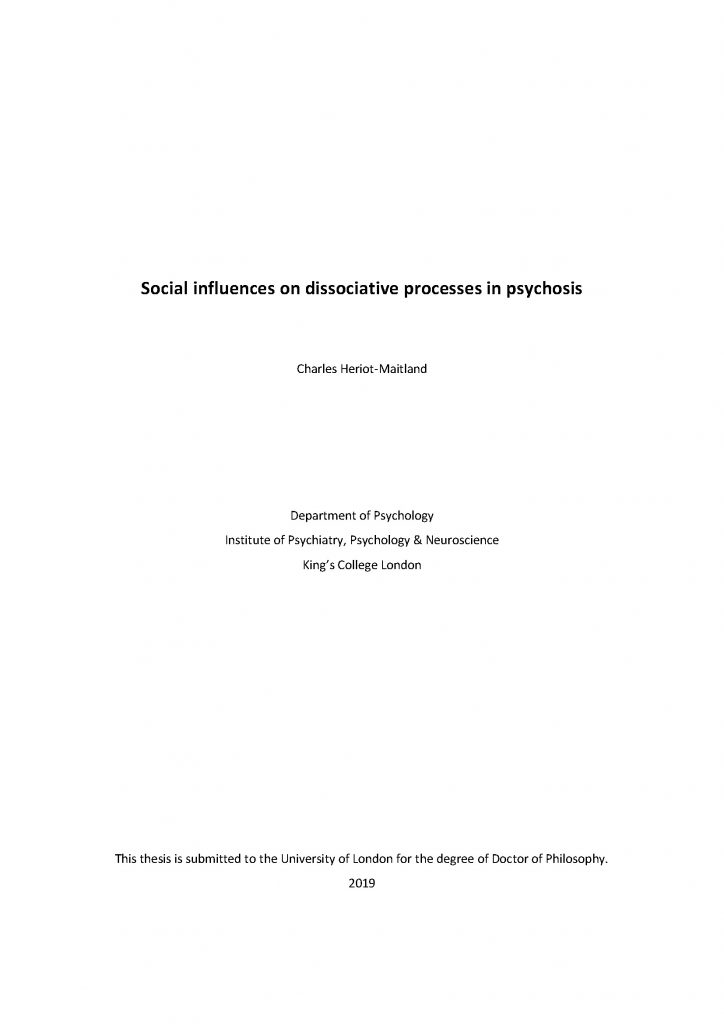Why continue research and academic writing?
For me, research is not a separate track from practice – it’s part of the same journey. The work I do as a therapist, trainer, and writer is deeply shaped by the questions I keep asking: What helps? What harms? What are we missing? What else could be possible? Academic work offers a space to explore those questions more rigorously and more deeply – and that’s why I continue to engage with it. Nowadays most of the academic work I do, and the contributions I make to the literature, are entirely unpaid and voluntary – not driven by financial gain or obligation, but by a personal commitment to learning, reflection, and sharing ideas that might be useful to others.
The Publications page in the Academic section of this website brings together some of the articles and chapters I’ve contributed to over the years. Some are grounded in research I’ve been directly involved in; others are more theoretical or reflective. All of them have grown out of real-world questions – often from therapeutic work, conversations with colleagues, training experiences, or things that felt unsettled and needed thinking through.
I believe that mental health is a lifelong learning process – not just for those of us who support others, but for all of us. No matter how long you’ve been in the field, there are always new things to learn, unlearn, and discover. Voices that haven’t been heard yet. Perspectives that challenge our assumptions. Language that opens something up. Research helps us stay with that process. It’s a way of staying humble, staying responsive, and staying connected to a wider community of inquiry.
Writing, for me, is both a thinking tool and a contribution.

In a world where mental health services are often under pressure to simplify, reduce, or quick-fix, I think there’s a real power in holding space for complexity – and academic work can be one way of doing that. It reminds us that there are no easy answers, and that staying curious, reflective, and critical is an act of care.
So the Academic section of this website is a reflection of my commitment to keep learning, keep contributing, and keep being in conversation with others who care about making sense of mental health.

You must be logged in to post a comment.